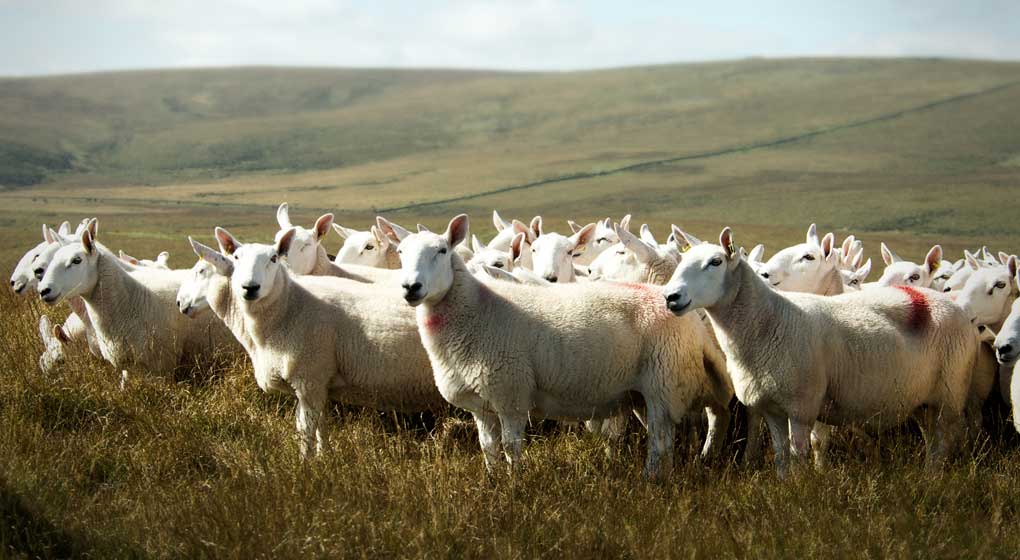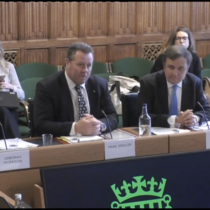Effect of no-deal Brexit on the sheep sector
The following article was written by Nick Allen, Chief Executive Officer at the British Meat Processors Association and appeared in the February edition of Meat Management magazine. It is reproduced here with their permission
It is widely recognised in the Agricultural sector that if a No-deal Brexit happens, one of the biggest casualties will be the sheep sector. It’s worth examining why as the collapse of one sector will undoubtedly have an impact on all sectors eventually.
Each year around 30% of UK sheep meat production is exported. Around 60% of UK exports are of whole or half carcases, with the remainder being cuts. Currently EU sheep meat tariffs stand at an ad valorem rate of over 40%. In that scenario we have to question whether the continental market will pay vastly higher prices and whether consumption will continue as it is now.
What’s more likely is that the tariff would be absorbed by UK exporters, which would impact the farm gate price. However it is widely assumed that, in a No-deal scenario, the pound would plummet which would help alleviatesomeof the impact.
Such a drop in the farm gate price coupled with the new Agriculture Health and Harmony Bill could prove to be bad news for farmers. The Bill does not encourage anyone to think that agricultural production is going to increase in the UK in the near future. If this is the case, most sheep farmers will be thinking about reducing flock size, which would bring more ewes onto the market, further depressing prices.
Once the breeding flock numbers decrease it will be a long time if ever that numbers pick up again. The loss of ewes from uplands and hills could mean that the breeding flock may not be able to grow as quickly and easily again in the future. This is because upland ewes are hefted and the loss of this characteristic, built up over generations, will limit the ability of hill flocks to recover. The loss of breeding ewes in the lowlands could have similar consequences due to the UK’s unique stratified sheep system.
In reality, ewes are most likely to reduce in the lowlands as those farms may have more flexibility to change to a different sector. Longer term, it may be that upland farmers are better placed to benefit from environmental payments for the delivery of public goods, which could provide some resilience, although details of such payments are still limited.
This impact is not limited to farmers and the sheep breeding flock. There is an impact on the local economy to be considered. Many mainstream meat plants are in rural areas and it is generally recognised that for every meat plant job there are two others generated locally. Rural Wales is particularly vulnerable in this scenario and I know the Welsh government are very concerned.
It even has a knock-on effect into the tourism industry. The countryside as we know it could change significantly in some areas. AHDB recently updated the publication “Landscape without Livestock”, and for anyone who hasn’t considered the implications, it is worth a read.
I really hope that by the time you read this article a No-deal Brexit will have been taken off the table as a scenario.







